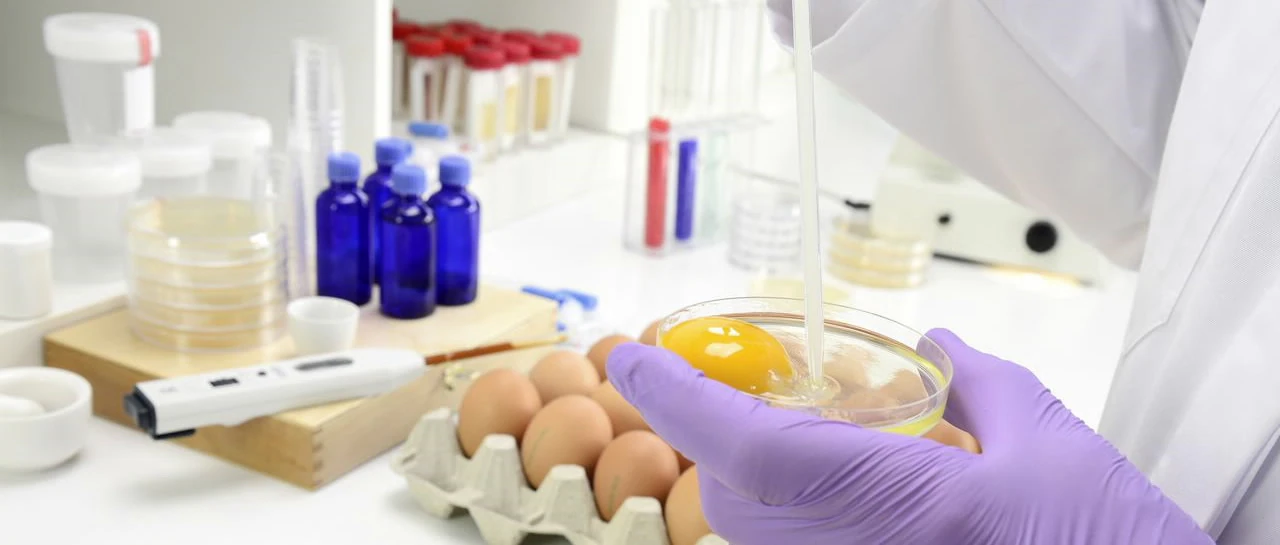EN 13984 Food Colorant Profiling in Bakery Products
The European Standard EN 13984 specifies a method for profiling food colorants, particularly relevant to bakery products. This service ensures the accurate identification and quantification of colorants used in baked goods, which is crucial for compliance with food safety regulations.
Bakery products often incorporate various food additives and preservatives to enhance their appearance, texture, shelf life, and overall quality. Compliance with regulatory requirements on these additives is essential to ensure public health and consumer trust. EN 13984 provides a standardized approach that allows laboratories to accurately profile colorants in bakery products.
The standard covers the extraction of colorants from baked goods using a series of solvent-based methods, followed by analysis via high-performance liquid chromatography (HPLC) or other suitable analytical techniques. The process is designed to identify and quantify the various colorants present in the sample, including both authorized and unauthorized additives.
Understanding the composition of food colorants is not only important for regulatory compliance but also helps in product development. R&D engineers can use this information to optimize formulations while ensuring that they meet all legal requirements. This service thus serves multiple purposes: it supports quality control, aids in meeting legislative standards, and facilitates innovation.
The methodology outlined in EN 13984 is robust and reliable, providing consistent results across different laboratories. The standard specifies the use of specific solvents for extraction, ensuring that all colorants are effectively separated and detected. HPLC analysis then provides precise quantitative data on each identified component.
One key aspect of this service is the ability to differentiate between authorized and unauthorized colorants. This differentiation is critical because certain colorants may be banned or restricted for use in specific food categories, such as bakery products due to potential health risks or environmental concerns. By accurately profiling these colorants, laboratories can help manufacturers stay compliant with current legislation.
The service also supports the traceability of ingredients throughout the supply chain. This is important for quality assurance and can help identify sources of contamination if unauthorized additives are detected. Traceability ensures that all components used in bakery products can be traced back to their original source, enhancing transparency and consumer confidence.
Beyond regulatory compliance, this service plays a vital role in product development by providing insights into the effectiveness of colorant formulations. R&D engineers can use these data points to refine existing formulas or develop new ones that meet both legal requirements and aesthetic expectations. This ensures that bakery products not only comply with regulations but also appeal to consumers.
The service is particularly beneficial for compliance officers who need to ensure ongoing adherence to changing regulations. As legislation evolves, the ability to accurately profile colorants becomes even more critical to maintain a compliant production process. By offering this service, we support our clients in staying ahead of regulatory changes and maintaining their reputation as leaders in food safety and quality.
Scope and Methodology
| Step | Description |
|---|---|
| Sample Preparation | Baked goods are ground into a fine powder and extracted using an appropriate solvent. |
| Extraction | The extracted solution is filtered to remove particulate matter, ensuring clear sample for analysis. |
| HPLC Analysis | High-performance liquid chromatography separates and quantifies the colorants present in the extract. |
Benefits
- Ensures compliance with international food safety regulations, including EN 13984.
- Supports product development and innovation by providing detailed colorant profiles.
- Aids in the traceability of ingredients throughout the supply chain.
- Enhances consumer trust through transparent ingredient sourcing practices.
- Facilitates ongoing compliance with changing regulatory requirements.
Quality and Reliability Assurance
- The use of standardized solvents for extraction ensures consistent results.
- HPLC analysis provides precise quantitative data, enhancing reliability.
- Dedicated personnel trained in the latest analytical techniques ensure accuracy.
- Regular calibration and validation of equipment maintain high standards.





